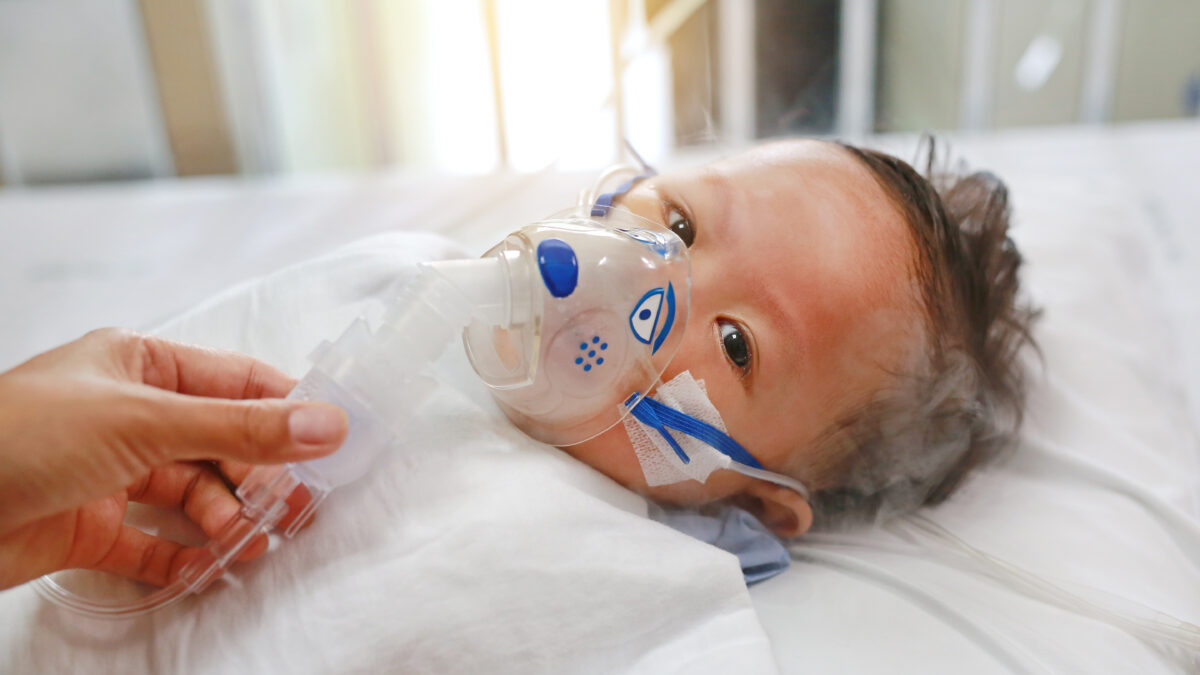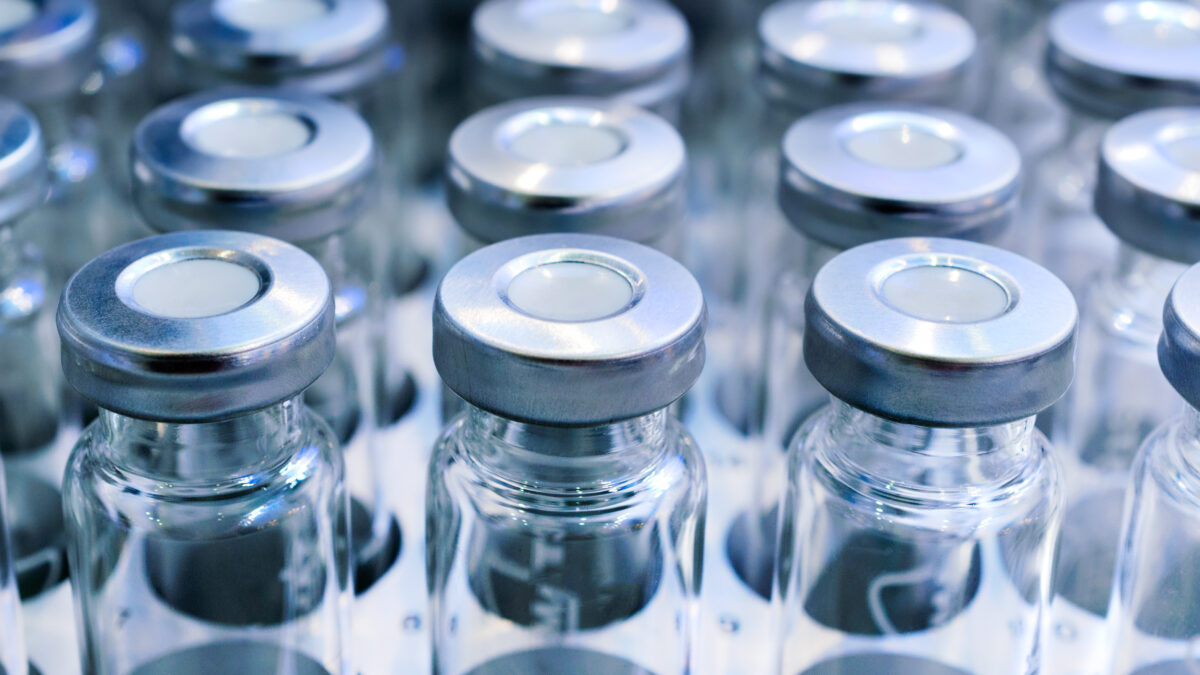The COVID-19 outbreak has triggered new rounds of clinical trials to identify treatments for the coronavirus. But some fear that ongoing trials related to other potentially beneficial medications could be disrupted by the pandemic.
One possible treatment for COVID-19 has already been cleared by the Food and Drug Administration for expedited clinical trials. Chloroquine and hydroxychloroquine, drugs that have been effective in combating malaria and severe arthritis, also show promise for fighting COVID-19. FDA Commissioner Stephen Hahn, MD, and the Trump administration have announced that those drugs, as well as other antiviral medications, will be fast tracked for FDA approval if clinical trials prove that they are safe and effective.
But the effects of the coronavirus can also make clinical trials more difficult to perform. The FDA has released new guidance that addresses how site closures, quarantines, travel limitations, supply chain issues and the possible infection of medical staff could present challenges for clinical trials. These challenges could lead to unavoidable deviations and protocol modifications, the FDA acknowledges. The guidance outlines how trial sponsors can work to keep participants safe, maintain good clinical practice compliance and minimize risks to trial integrity.
Clinical trials are essential to the drug development process. Whether the United States is confronting a widespread health crisis like COVID-19 that demands immediate medical innovation, or dealing with ongoing public health threats such as cancer or heart disease, clinical trials spur new treatments and bolster patient access to treatment.
Even in the best of times, however, clinical trials are not easy to conduct. A lack of public awareness about the need for and importance of clinical trials has resulted in over one-third of trial sites failing to meet their enrollment goals. More than one site in 10 does not enroll even a single patient.
As global health care resources are consumed by the battle against the coronavirus, policymakers must do everything possible to see that clinical trials aimed at defeating the virus receive the support they need. But at the same time, policies must not lose sight of ongoing clinical trials that address other pressing health care challenges. Delays in data generated by pivotal clinical trials could hamper new drug filings and delay important new innovations, with serious implications for public health.
In short, policymakers’ mission in the wake of the COVID-19 is twofold. Researchers and manufacturers need the necessary support to identify safe and effective treatments for coronavirus as quickly as possible. Meanwhile, ongoing clinical trials for unrelated conditions must maintain operations as best they can, ensuring that new and life-changing treatment options continue to emerge even in the face of an international health crisis.




